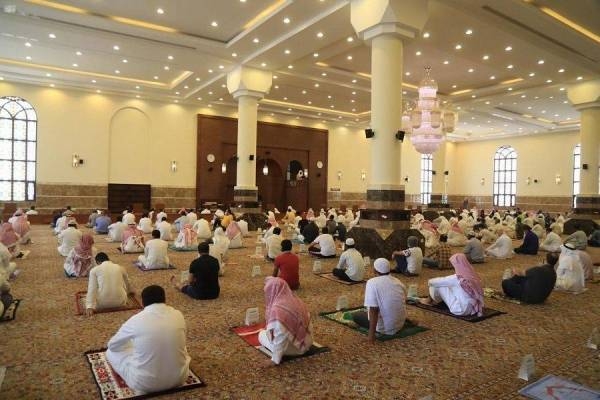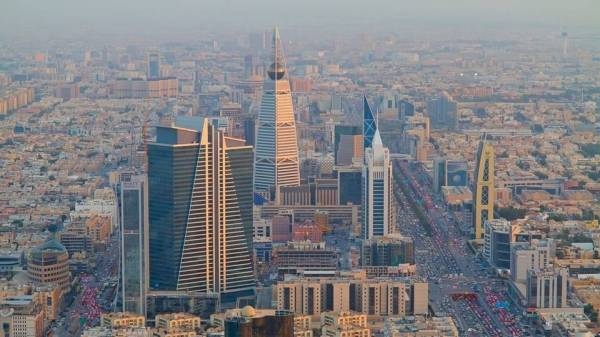
Ministry of Islamic Affairs has warned imams and muezzin that collecting financial donations for projects of Iftar for the fasting people and others during Ramadan is prohibited.
Minister of Islamic Affairs, Call and Guidance Sheikh Dr. Abdullatif Al-Sheikh has issued a circular to all the Ministry’ branches of the need to prepare mosques to serve the worshipers, in preparation to receive the Holy Month of Ramadan 1444AH.
Dr. Al-Sheikh has directed that imams and muezzin must adhere to full regularity in their work, and to avoid absenteeism in Ramadan unless absolutely necessary.
If imams or muezzin will be absent, then they must assign someone to perform the work during the absence, Dr. Al-Sheikh said, noting that the mandate shall be with the approval of the Ministry’s branch in the region, and the one on behalf must undertake not to breach the responsibility. Absence shall not exceed the allowable period.
Dr. Al-Sheikh asked imams and muezzin to adhere to Umm Al-Qura Calendar, and to raise the adhan (call for prayer) of the isha prayer on time in Ramadan, and the iqamah performance of prayers according to the approved period for each prayer.
They also must be taking into account people’s conditions in Tarawih prayers, the completion of Tahajjud’s prayers in the last 10 days of Ramadan with enough time before Fajr’s adhan, so it won’t be a hardship on worshipers.
Moreover, imams and muezzin were asked to adhere to the Prophet’s guidance in Qunot “Duaa” supplication at Tarawih Prayer and non-prolongation, and being limited to Jawame Duaa and the sahih supplications, and avoid hymns and intonation.
Reading some useful books on the mosque group, according to circulars that regulate it, is important.
Installed cameras must not be used for the purpose of photographing the imam and worshipers during the performance of the prayers, according to the directives issued regarding the controls for installing cameras in mosques.
Transmitting the prayers or broadcasting them in the media of all kinds is also prohibited.
Dr. Al-Sheikh said that the imam is responsible for authorizing the itikaaf, verifying that there are no violations from them, and knowing the data of the itikaaf.
According to the directives notified in advance regarding the itikaaf controls, the imam must request for the approval of the sponsor approved for non-Saudis who desire to do the itikaaf.
The minister said that Iftar for the fasting people — if any — should be in the places prepared for that in the courtyards of the mosque, and under the responsibility of the imam and the muezzin.
The one responsible for Iftar for the fasting people should clean the place immediately after finishing the Iftar. It is important not to create any temporary rooms or tents and the like to hold the Iftar in them.
Dr. Al-Sheikh has urged worshipers not to accompany children, as this would disturb the worshipers and cause them to lose their reverence.
Mosque servants and maintenance institutions must redouble their efforts and work, in order to ensure that mosques are clean and prepared, as well as to ensure the cleanliness of women’s prayer rooms in mosques, the Ministry’s branches directed.
The observers were asked to follow up on the implementation of these directives, and to submit daily reports on their tours to their references, and a statement of the observations monitored — if any, in order to process them immediately.







